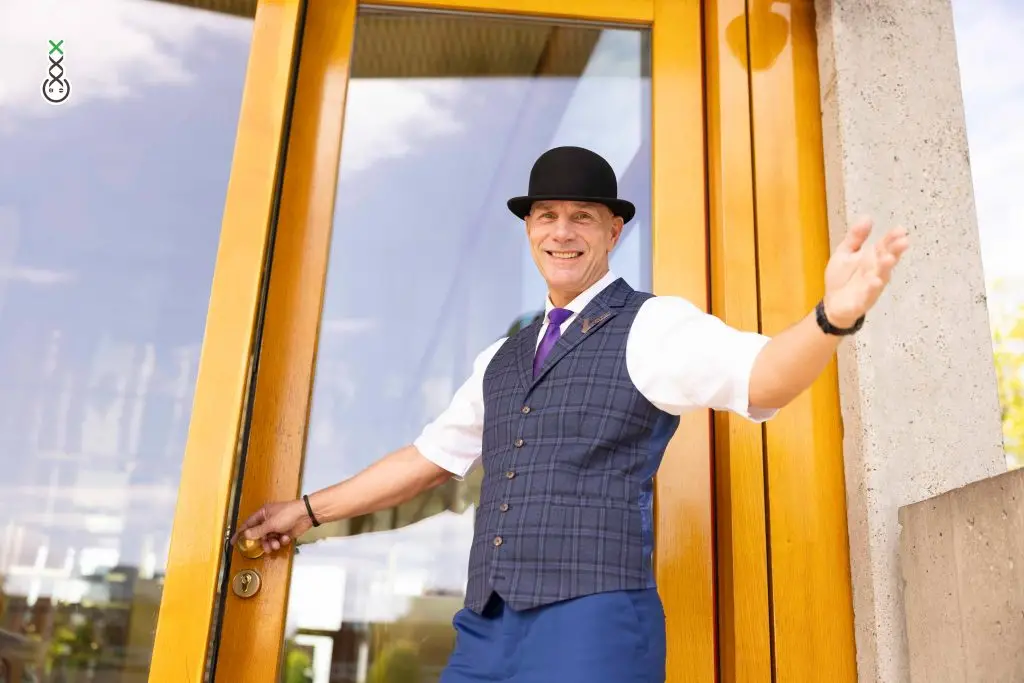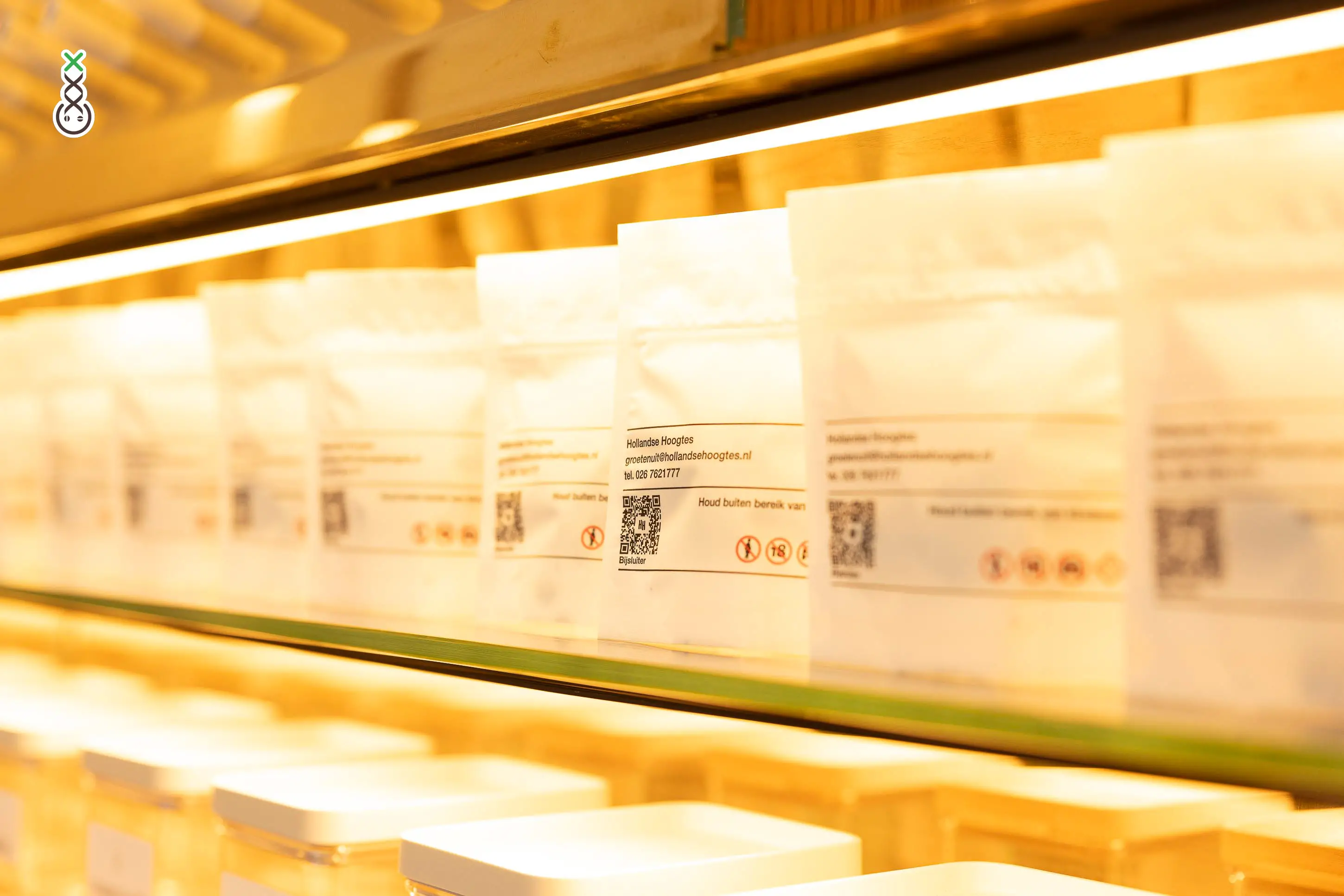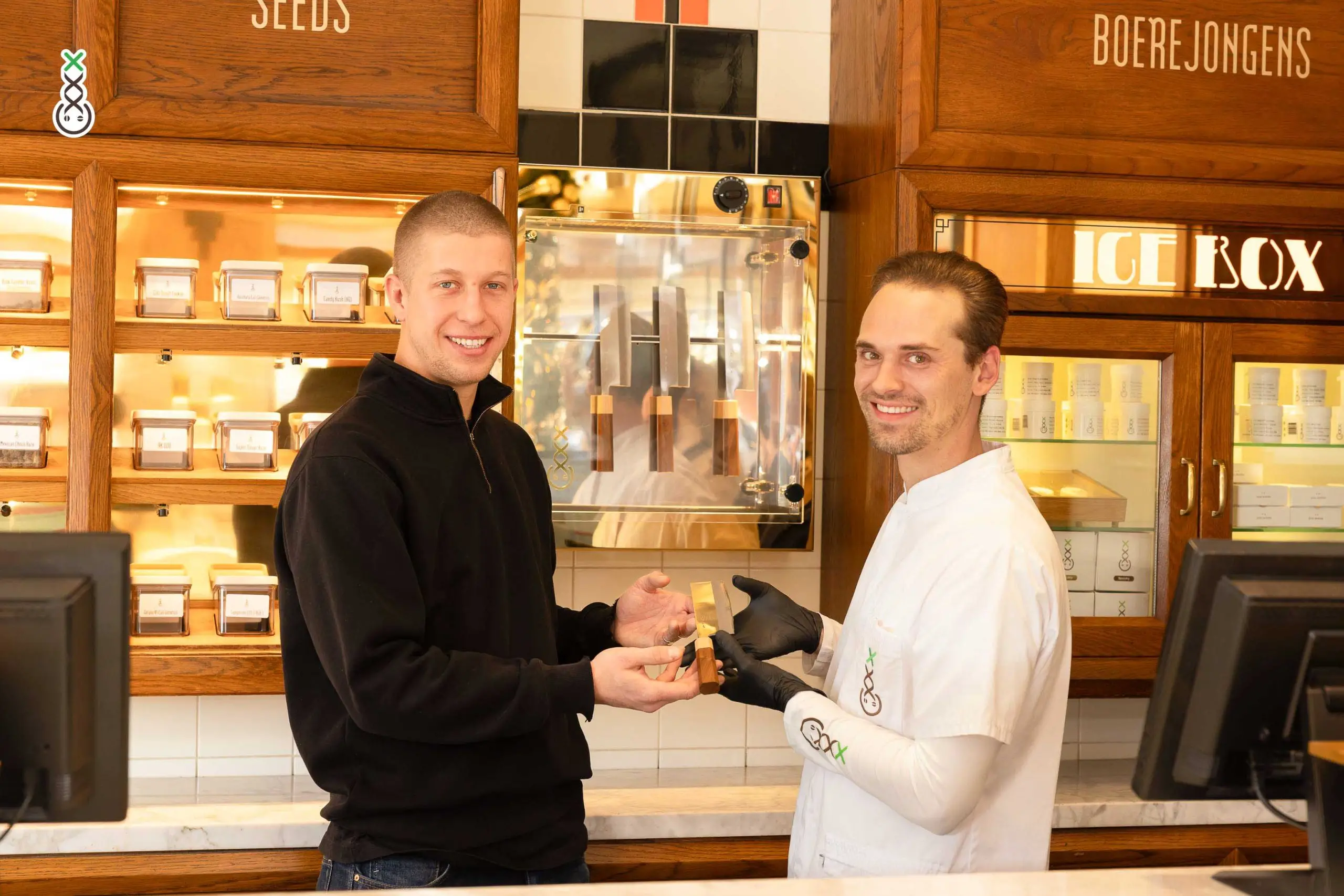Partners
BCD | Bond Van Cannabisdetaillisten
Since its official founding in December 1993, the originally Amsterdam-based Association of Cannabis Retailers (BCD) has achieved much already. Because of their efforts, for instance, every Amsterdam coffeeshop can now be transferred or sold just like any other company, even for coffeeshops in previously “overcrowded areas”. Decades of serious consultancy and advice have ensured that BCD is appreciated as a full-fledged branch organization. BCD has served as a valued discussion partner at Amsterdam city hall under a succession of respective mayors. Because of this respected position the BCD is able to express vitally constructive criticism on counterproductive regulations and policies, such as the methods used by HIT-teams and article 13B of the Dutch opiates act, for example.
With the support of council members, the BCD has contributed to a sound and realistic set of rules for coffeeshops to observe, as well as helping to shape local authorities and police procedures. In doing so, rules governing advertising, pre-rolled joints, and the sales of space-cake became more transparent. A milder approach of the deeply unpopular HIT-teams was requested in turn, as well as a halt to stop-and-search procedures during customer checks.
Under the third cabinet of prime minister Balkenende, the Netherlands was struck again with a phenomenon known as “the war on coffeeshops”. As part of this renewed offensive against coffeeshops, a distance criterion was enforced between schools and coffeeshops. Although this distance-criterion was included in the government agreement, it was never actually encoded in the opium act. In Amsterdam, mutual consult led to an agreement on a walking distance of 250 meters.
Between these modest victories, the larger battle raged on. Despite contributions of the BCD and external support from, among others, the Drugs consultancy agency, dozens of coffeeshops were forced to shut down after their licenses were revoked. The BCD did however prevent the overall cancellation of license extensions, at least for the time being.
A project known as the “Rode Loper”, Dutch for ‘Red Carpet’, marked the beginning of dark times for the BCD. Over the course of this project, 26 coffeeshops were forced to close, despite the enormous amount of energy, time and money that the BCD spent in their defence.
In 2016, coffee shops in the city centre had to cope with a series of hit-and-run shop window shootings. The shootings took place after closing time, and luckily, there were never any personal injuries – or worse. Close contacts between the BCD and City Hall led to extensive discussions, after which the parties arrived at a written agreement to deal with the matter. In times of crises, the BCD has never shied away from its responsibilities, and this continued investment has led to a fruitful relationship with city authorities.
By 2017, BCD membership had steadily grown to considerable numbers, even though the actual number of Amsterdam coffeeshops declined sharply. By now, the alliance has extended its sphere of influence, welcoming members from various cities including Enkhuizen, Beverwijk, Haarlem, Den Haag, Utrecht, and even faraway Groningen. The current administration searches rapprochement to other branch organisations, which resulted in the organisation of Cannabis Connect Entrepreneur Day in February 2017. Recent political developments continue to contribute to a further professionalisation of the alliance. Today, the future of organised cannabis retailers seems brighter than ever before.

Hollandse Hoogtes
Hollandse Hoogtes is one of the ten licensed growers participating in the Controlled Cannabis Supply Chain Experiment and is known for its top-notch quality and wide selection of carefully cultivated cannabis strains. As an official grower, Hollandse Hoogtes is dedicated to delivering only the best, offering a variety of strains that meet the highest standards.
What makes Hollandse Hoogtes unique? It all begins with the genetics – carefully selected to ensure an exceptional standard of quality. Each cannabis bud then undergoes an innovative production process centered on craftsmanship. Every bud is cultivated with precision, professionally dried, hand-trimmed, and meticulously packaged in premium quality packaging. This packaging is designed to preserve both the freshness and integrity of the cannabis buds. The artisanal process avoids the use of machinery, ensuring that each bud is handled with exceptional attention to detail and precision. This meticulous attention to detail guarantees that the quality and freshness of their diverse range of cannabis strains remain flawless.
Amsterdam Genetics works exclusively with Hollandse Hoogtes. This collaboration focuses on sharing expertise and maintaining an exceptional level of quality. Their shared commitment to excellence and quality elevates the cannabis experience to a new level.
At Hollandse Hoogtes, perfection and diversity are at the heart of everything they do. Offering a broad selection of strains that meet the strictest standards, they deliver products that provide a premium experience for every customer. Choosing Hollandse Hoogtes means choosing reliability, innovation, and products of the highest quality.

Karasu
In the exclusive knife display at Boerejongens, the knives from Karasu, a small specialized Japanese knife store in the heart of Amsterdam, truly stand out. Karasu collaborates with artisans from across Japan to offer a carefully curated selection of kitchen knives, sharpening stones and accessories, suitable for all skill levels and budgets. They focus on products crafted in small quantities with attention to quality and craftsmanship. The knives in our display come from the Hitohira TD series, made in Sanjo, Niigata. This series is renowned for its robust handmade knives featuring exceptionally high-quality steel. Each knife showcases a kurouchi, tsuchime, nashiji, or sometimes migaki finish, and consists of stainless steel layers encasing a core of Blue #2 or SLD steel. With a slightly thicker spine at the neck, these knives offer a solid grip and comfortable weight.

De Buurtgastheren
Boerejongens Coffeeshops are truly part of the local community. We help contribute to improving the neighbourhood around us by means of hiring The Neighbourhood Hosts, or De Buurtgastheren as they are known in Dutch. The Neighbourhood Hosts, recognizable by their stylish bowler hats and three-piece suits, work to protect the social cohesion and safety around our shops. They also help add to the social spirit of the people who make up the surrounding community. Neighbourhood Hosts are there to help people out, to correct improper conduct, and to check for valid IDs at the shop’s entrance. They will greet you with a friendly welcome and always strive to improve cohesion and harmony in style. This ensures that everyone can enjoy a nice, friendly atmosphere, whether you’re a coffeeshop customer, a local resident, or simply a passer-by getting a whiff of that good old Amsterdam street life.